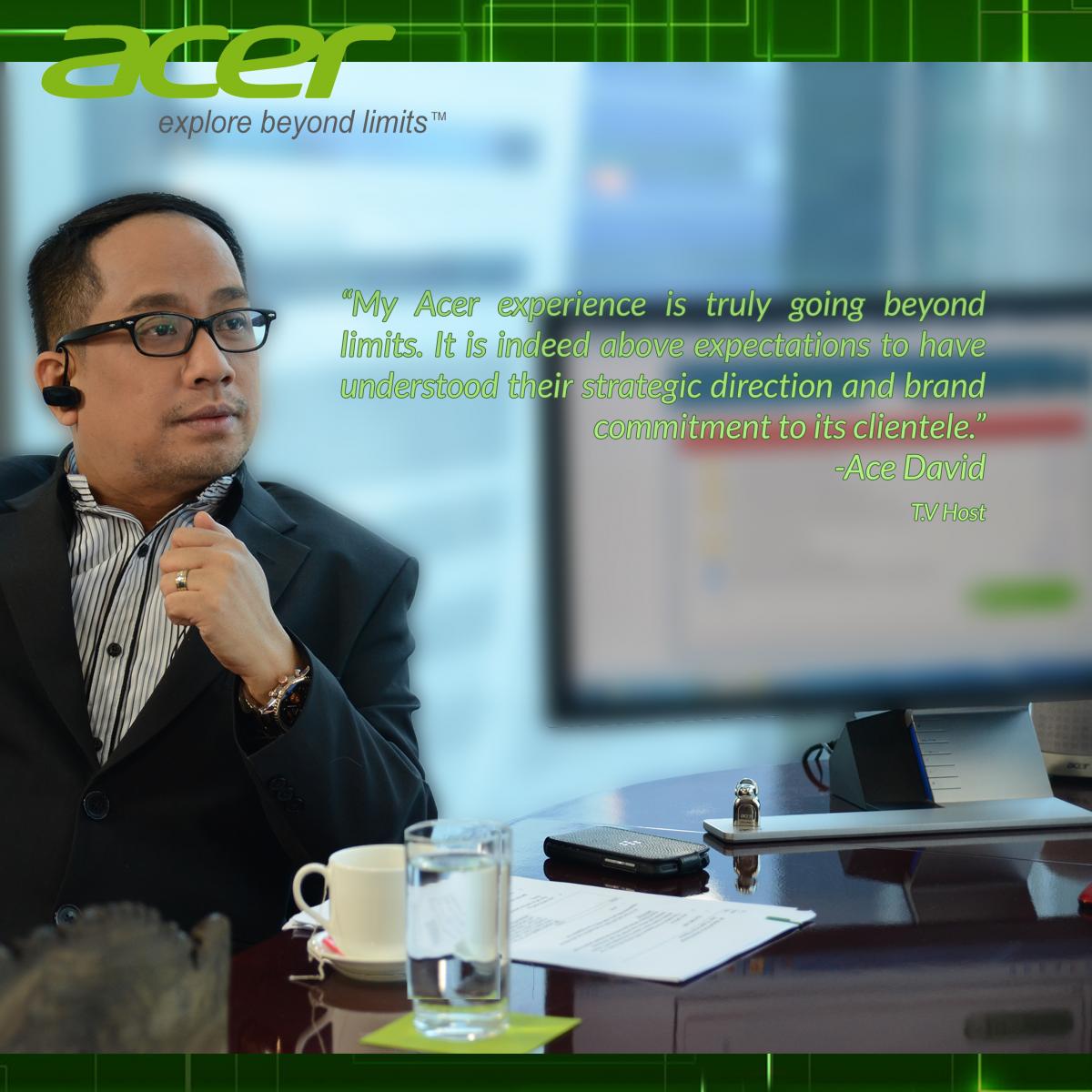Submitted by Jensenismo on Thu, 02/27/2014 - 12:48
Hi! Learn important things while enjoying by playing this fun e-learning game about Pregnancy Myths. Enjoy!
Submitted by Jensen on Thu, 02/27/2014 - 11:45
Submitted by admin on Wed, 02/26/2014 - 05:29
 OurHappySchool.com believes that people learn from each other, hence it accepts contributions which are published here online.
OurHappySchool.com believes that people learn from each other, hence it accepts contributions which are published here online.
Concerning contributors’ articles and other bloggers' posts published in this site, opinions expressed are solely those of the authors and do not necessarily represent those of this site, its administrators, and editors.
Submitted by Ma. Victoria M.... on Sun, 02/23/2014 - 13:40
I. Objectives: At the end of the lesson, the students should be able to:
-
Explain business planning.
-
Enumerate the Principles of planning.
-
Differentiate the stages of planning.
-
Identify the criteria of an effective business plan.
-
List the different components of a business plan.
-
Describe the characteristics of a sound business plan.
Submitted by Annabelle S. Pomar on Sun, 02/23/2014 - 01:34

Advocates the importance of education beyond learning process, it emphasizes the learning processes that would lead to planed and specified learning outcomes. The essential attributes reflect the students’ competencies and values, and represent outcomes that are transferable to a variety of contexts for the present and the future.
Submitted by Maria Xuyein B.... on Wed, 02/19/2014 - 07:50
Are you interested in publishing an informative blog? Do you have a good topic in mind? Are you an educator? Then try to make an interesting educational blog here at OurHappySchool.com
Submitted by Jensen on Fri, 02/14/2014 - 00:09
A “Teatime with Ace David” Spin-off
 HE DOESN’T WANT to be called “the man.” Although as far as his company is concerned, in various senses, he definitely is.
HE DOESN’T WANT to be called “the man.” Although as far as his company is concerned, in various senses, he definitely is.
Mr. Manuel Wong, the General Manager of Acer Philippines, once graced with his presence Mr. Ace David’s AM radio program “You’re the Man!.” For these two “aces” or first-rate individuals in their respective turfs, the dialogue which transpired on September “the first” of 2012 was nothing less than historical, if not necessarily providential. The interview sparked off a sequence of fruitful “collaborations” between the institutions the two gentlemen respectively represent.
Submitted by Suzette M. Mercado on Thu, 02/13/2014 - 16:16
 It is vital to every business to set expectations for its employees, balance workload, manage constraints, determine staffing levels and crew size, schedule and eliminate waste and non-value-added activity. Thus, work measurement is the technique to set off, for any organization where human and machines contribute to output, to customer service, or even to cost.
It is vital to every business to set expectations for its employees, balance workload, manage constraints, determine staffing levels and crew size, schedule and eliminate waste and non-value-added activity. Thus, work measurement is the technique to set off, for any organization where human and machines contribute to output, to customer service, or even to cost.
Work measurement provides tools to manage the business better. Work measurement engages the estimation of the amount of human effort needed for producing a unit of specified output from an operation. The amount of time that is usually taken by in a well trained worker, operating under normal working conditions, to produce one unit of output is referred as work standard.
Submitted by Suzette M. Mercado on Thu, 02/13/2014 - 09:39
 The Philippines is now focusing on OBE because of some particular reasons:
The Philippines is now focusing on OBE because of some particular reasons:
-
Globalization of Education – Education agreements around the world promotes OBE. The Philippine Technological Council apply for Washington Accord, thus, different universities have taken their initiatives to move towards OBE.
-
International Trends – There are International Professional Registries especially for engineering program require completion of a program that is accredited by an OBE system.
-
Global mobility for Professional Practice - The Commission on Higher Education (CHED) will require establishment of an OBE System to promote global mobility.
To facilitate achieving this goals of international recognition and global competencies, educational institutions particularly universities constantly play an increasingly important role in developing and creating our human capital.
Submitted by Suzette M. Mercado on Thu, 02/13/2014 - 08:12

Philippine Education System consists of formal and non-formal education. Formal education is a sequential development of academic schooling at three levels; elementary, secondary and tertiary or higher education whereas Non-Formal Education or Alternative Learning system is an organized learning activity intended at accomplishing a set of objectives outside the established formal system planned for a particular clientele, like the out of school youth or adult illiterates and even the worker here and abroad who were not able to finish their college education and cannot avail themselves of the formal education. Under the Non-Formal Education Program of the country is the Expanded Tertiary Education Equivalency and Accreditation Program (ETEEAP).
What is ETEEAP?
The Expanded Tertiary Education Equivalency and Accreditation Program (ETEEAP), being implemented pursuant to Executive Order 330 of 1996, is an educational assessment scheme which recognizes knowledge, skills and prior learning obtained by individuals from non-formal and informal education experiences.
Pages